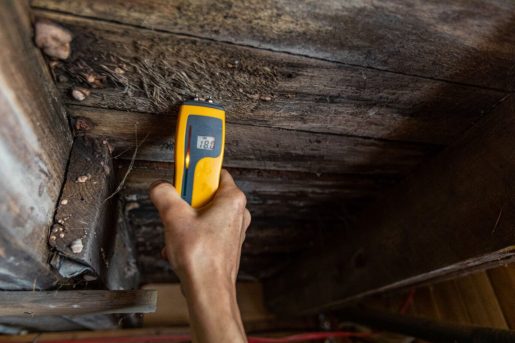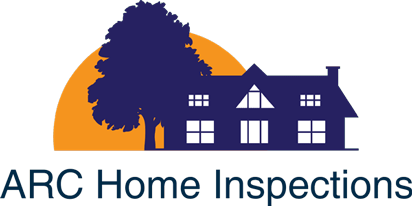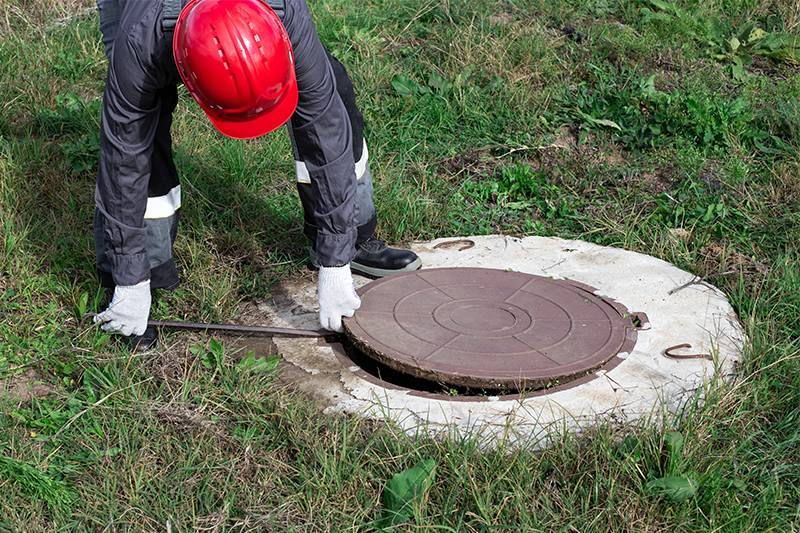When it comes to selling a home, there are numerous factors to consider. However, many sellers tend to overlook crucial details like well and septic inspections until the closing process. In today’s highly competitive real estate market, where buyer demand is high and inventory is low, it is essential for sellers to make well and septic inspections a top priority. By understanding the significance of these inspections, sellers can ensure a smoother transaction and protect both their interests and those of potential buyers. In this article, we will delve into the importance of well and septic inspections and shed light on why sellers should prioritize them.
1. Understanding Well and Septic Systems
The Role of Well and Septic Systems in Residential Properties
According to the Environmental Protection Agency (EPA), more than one in five U.S. households relies on septic systems, particularly in areas without centralized sewer systems. Septic systems serve as underground wastewater treatment systems commonly found in rural homes. In addition, many of these homes have private wells that provide drinking water. The EPA estimates that over 15 million homes depend on private wells for their water supply.
2. The Requirement for Well and Septic Inspections
Mandatory and Recommended Inspections
Similar to a general home inspection, a well and septic inspection is a critical step that safeguards the interests of both buyers and sellers. Some counties, such as Ingham and Shiawassee, have mandated point-of-sale programs, which necessitate health department inspections of wells and septic systems before a sale can be finalized. However, other counties like Clinton, Jackson, and Eaton do not have such mandates in place.
Even in counties where inspections are not mandatory, lenders may still require them as part of the loan process. In cases where a lender does not require an inspection, buyers or sellers should proactively request one to ensure the integrity of the property.
3. The Inspection Process and its Importance
Comprehensive Analysis for a Smooth Transaction
During a well and septic inspection, a qualified inspector conducts various tests and evaluations to assess the condition and functionality of the systems. The inspector examines the water system, ensuring proper volume and pressure, and conducts water tests for contaminants such as bacteria, nitrate, and arsenic, depending on local requirements.
Moreover, the inspector evaluates the well’s construction, checks the pumping equipment, and performs a detailed plumbing survey to identify the water’s entry and exit points. Additionally, a diagram is created to illustrate the location of the well, septic tank, lid, and drainfield.
4. Significance of Early Inspections
Advantages of Timely Well and Septic Inspections
It is highly beneficial for sellers and buyers to prioritize well and septic inspections as early as possible. Nathan Foote of Health Services Expeditors recommends that real estate agents discuss these inspections with sellers during the listing process. By addressing this topic promptly, sellers can obtain all the necessary information in advance and avoid potential delays.
Especially for systems approaching the end of their life expectancy, typically around 20-30 years, early inspections are crucial. Older systems may require attention or even replacement, making it essential to identify any issues promptly. Delaying inspections and potential repairs can lead to unexpected costs and jeopardize the smooth progress of the sale.
5. Cost Considerations and Approved Inspectors
Expenses and Choosing Qualified Inspectors
The cost of a well and septic inspection in non-mandated counties is approximately $350. In point-of-sale counties, inspections typically range from $650 to $800, including lab fees from approved inspectors. Additionally, pumping a septic tank costs around $275 for a 1000-gallon tank or $375 for a 1500-gallon, two-compartment tank, which includes opening charges.
Repair costs, if necessary, can vary significantly, and the responsibility for repairs typically falls on the seller, although this can be subject to negotiation. Point-of-sale counties provide lists of certified and approved inspectors through the health department. It is crucial to select an experienced and trusted professional by conducting thorough research and seeking referrals.
6. Timeframes and Extensions
Validity Period and Potential Extensions
In counties with point-of-sale mandates, inspections approved by the health department remain valid for one year. This timeframe typically aligns with the fast-paced nature of the current real estate market. However, if a sale extends beyond one year, both Ingham and Shiawassee counties offer one-year extensions for a fee of under $200, provided no significant changes have occurred on the property.
Final Steps: Well & Septic Inspections for a Smooth SaleFinal Thoughts
Well and septic inspections are vital for both home sellers and buyers. By understanding the importance of these inspections and proactively addressing them, sellers can streamline the selling process, avoid unexpected expenses, and ensure a smooth transaction. It is advisable to enlist the help of a professional home inspector experienced in dealing with well and septic systems. For more information on well and septic systems for your Mid-Missouri home, please call us today.
Uncover Hidden Issues Before It’s Too Late!
Hire ARC Home InspectionsProtect your investment and avoid costly surprises after closing.













